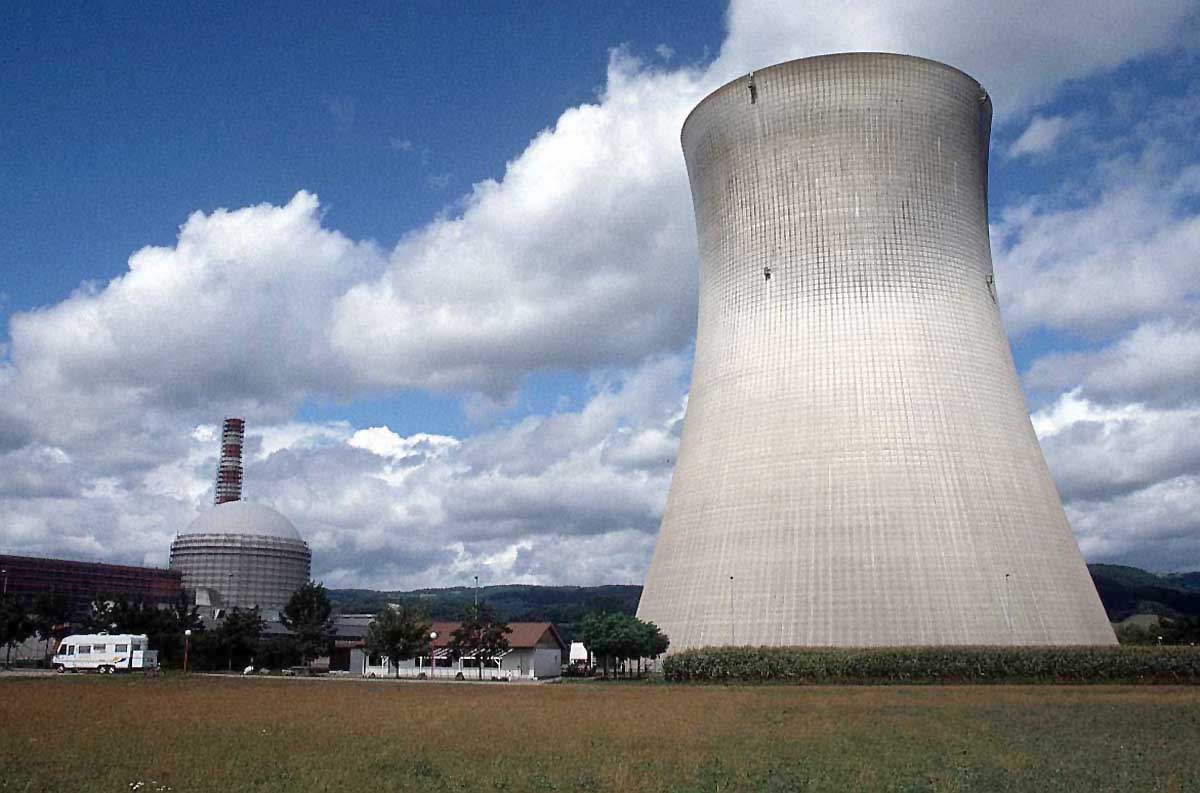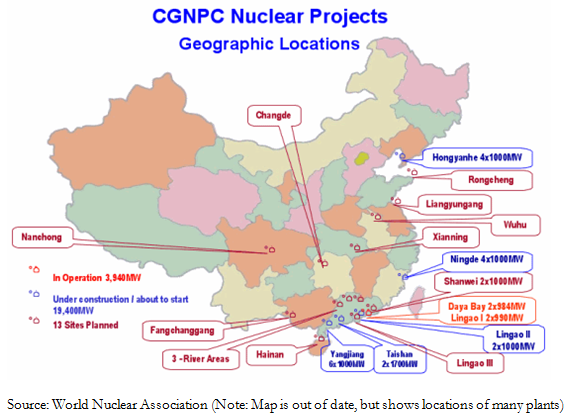Laos Overlooks the Impact of Social and Environmental Damages in Moving Forward with the Xayaburi Dam
A classic dilemma for emerging economies in today’s world is the choice between economic development and preserving the country’s socio-cultural integrity. This two part article will analyze the decisions behind Laos and Myanmar’s decisions for each country’s respective hydroelectric projects, where the former has chosen economic development and the latter has chosen to preserve their socio-cultural integrity.



